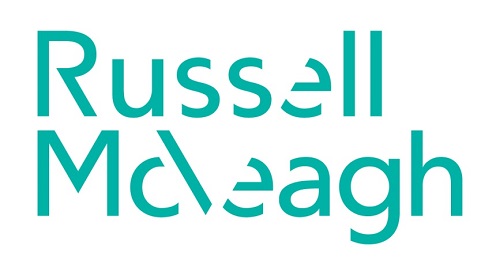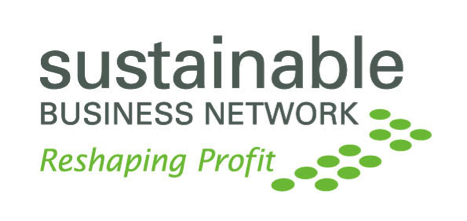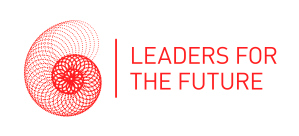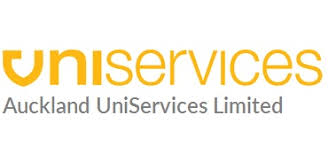Mindfulness at work
“ Creativity, innovation, productivity and connectivity live within the people themselves and can be accessed through mindfulness, deep listening and inner self-management. ”
SERVICES:
Presentations
Workshops
Six Week Mindfulness Programs
Mindful Leadership Training
Mindfulness Coaching and Consulting
Mindfulness training enhances interpersonal relationships, develops emotional intelligence, increases resilience, enhances innovation and creativity, and improves working memory and attention.
Clients worked with so far:
We pour a lot of our energy into work, yet the workplace can be a source of great stress as well as satisfaction. Even a moment of mindfulness and awareness can make work a better experience.
“Mindfulness cultivates our ability to sustain attention for longer periods of time – to be in the present moment in order to make clear decisions. Just as we know that our body holds capabilities that can be trained to improve our physical resiliency, strength and flexibility, we also know that we can train innate capabilities of mind to be much more focused, clear, creative and compassionate.” Janice Manturano – lawyer and founder of the Institute for Mindful Leadership.
Mindfulness is not only timely. It also has the potential to become a trans formative social phenomenon, for these key reasons:
• Anyone can do it. Mindfulness practice cultivates universal human qualities and does not require anyone to change their beliefs. Everyone can benefit and it’s easy to learn.
• It’s a way of living. Mindfulness is more than just a practice. It brings awareness and caring into everything we do—and it cuts down needless stress. Even a little makes our lives better.
• It’s evidence-based. We don’t have to take mindfulness on faith. Both science and experience demonstrate its positive benefits for our health, happiness, work, and relationships.
• It sparks innovation. As we deal with our world’s increasing complexity and uncertainty, mindfulness can lead us to effective, resilient, low-cost responses to seemingly intransigent problems.
Here are some examples of the MINDFUL WORKPLACE:
GOOGLE where their mission is to make Google “The happiest and most Engaged workplace on planet.” through the delivery of their “Search Inside Yourself” Mindfulness Program..
Twitter, Linked In and Yahoo all offer courses in meditation providing facilities for employees to practice mindfulness
The Drucker School of Management and Wharton Business School both offer courses for applying mindfulness meditation to the challenges of leading enterprises.
The U.S. Marine Corps, known for turning out some of the military’s toughest warriors, is learning how to make its troops even tougher through meditative practices, yoga-type stretching and exercises based on mindfulness.
Researchers at INSEAD were commissioned by the EU to evaluate measures to improve Corporate Social Responsibility in the business community. They found very surprising results and the full quote is worth reading: “The standard executive education approach based on engaged discussion and case analyses fails to facilitate managers to shift towards higher probabilities to make socially responsible decisions. On the other hand, coaching pro- grams based on introspection and meditation techniques, without any discussion about CSR topics, exhibit a significant impact on both the probability to act in a socially responsible way and on factors that influence the probability to behave that way.”
These are just a few examples of an infinite number of institutions and organisations that are adopting the practice of mindfulness
Mindfulness can be can be methodically taught and trained. In the workplace setting, there are many ways to introduce people to the practice of mindfulness – group workshops, courses and individual coaching or programmed interventions. We find it best to mindfully develop a solution that is ‘fit for purpose’ depending on the circumstances of who we’re working with.
Research into mindfulness training shows that when an organisation adopts a widespread commitment to the practice, you can expect:
Clear, focused, innovative, authentic, compassionate leaders
Engaged, whole, positive, healthy, productive, happy employees
Some of the MINDFULNESS AT WORK results and benefits you can expect in a relatively short time:
Reduced stress and anxiety
Increased resilience
Better decision making
Increased mental concentration clarity and awareness
Increased productivity and effectiveness
Improved emotional intelligence and communication in the workplace
Team building
Increased emotional stability
Improved immunity and overall health and wellbeing
Increased creativity, insight and capacity for inovation
““I introduced a meditation programme to our design studio not for business reasons at first but to offer my colleagues a way of finding stillness in their stressful lives.
What has issued has been revolutionary.
The outcome for my business has been that a disparate group of employees has come together as a real team. There is calmness and humanity in the way my staff deals with each other and the customers, we are becoming more creative and productive.
We finished the short meditation programme some time ago and have extended our guided meditation to be a permanent feature on Fridays. Fridays in the office are special and productive. It is my aim to extend this programme and interweave it into Common Ground Way.
Of course meditation needs a teacher. Maya is a gifted teacher who appeals across a spectrum of people. Maya has in short time helped to transform our company and make it more productive, relatively stress free and a pleasure to spend time in.
”
























